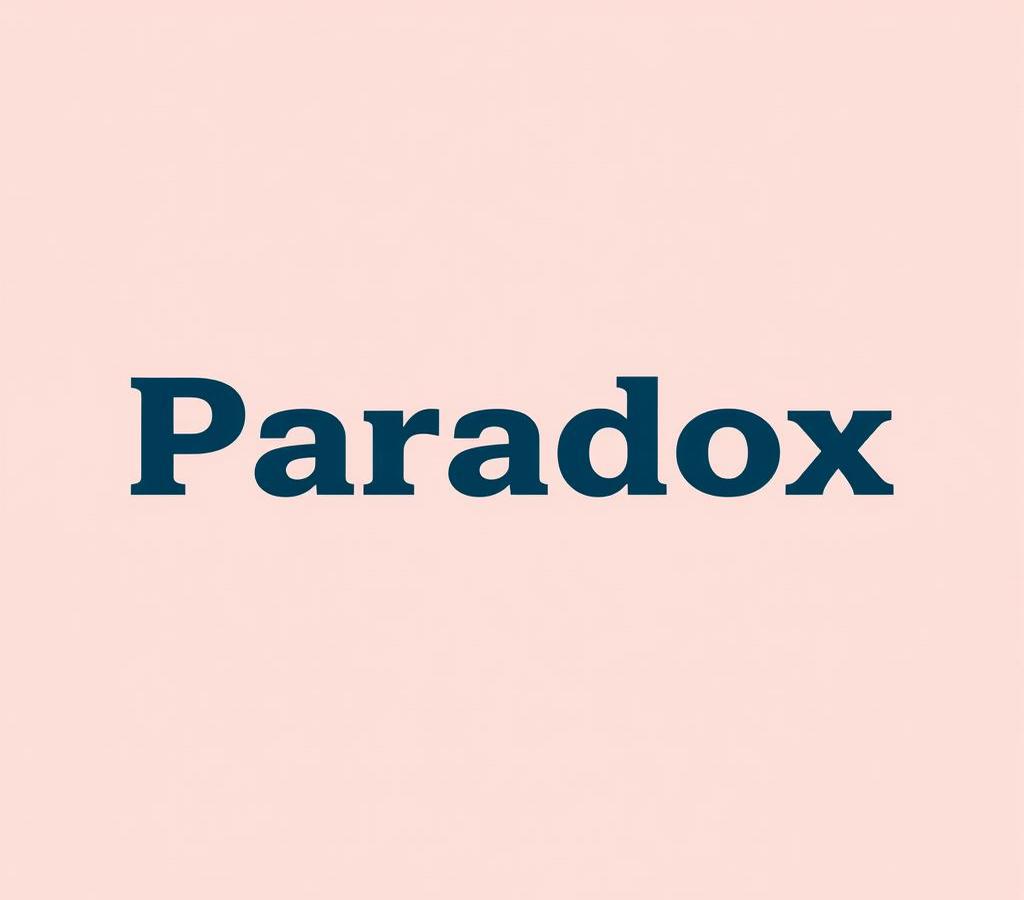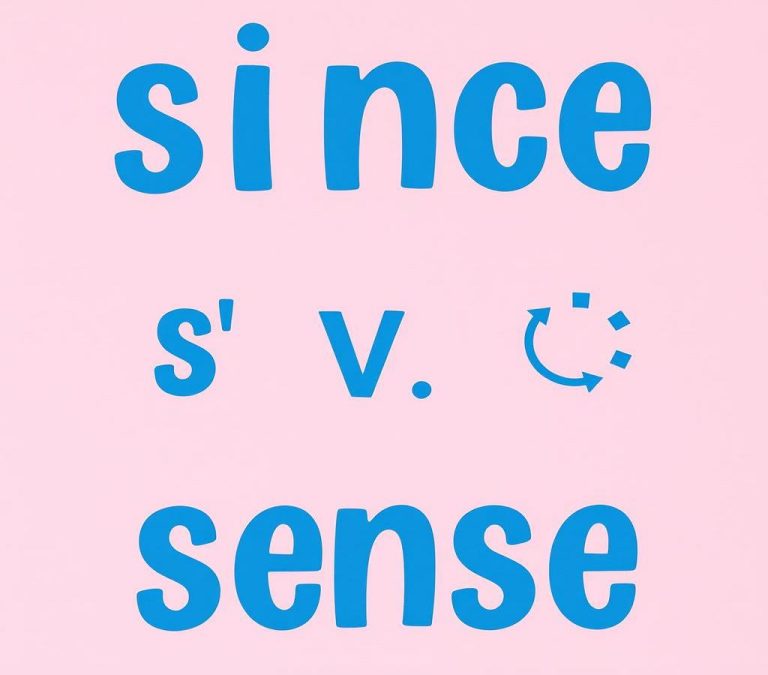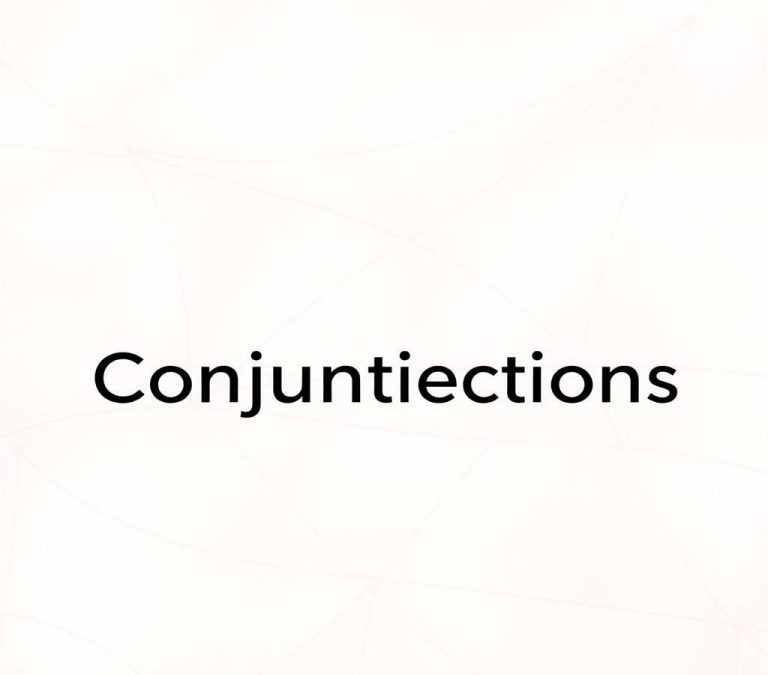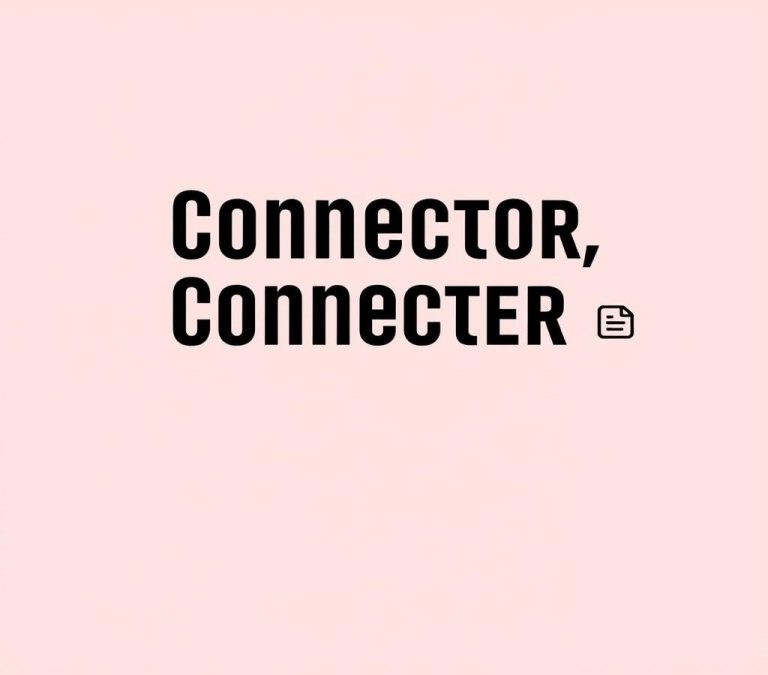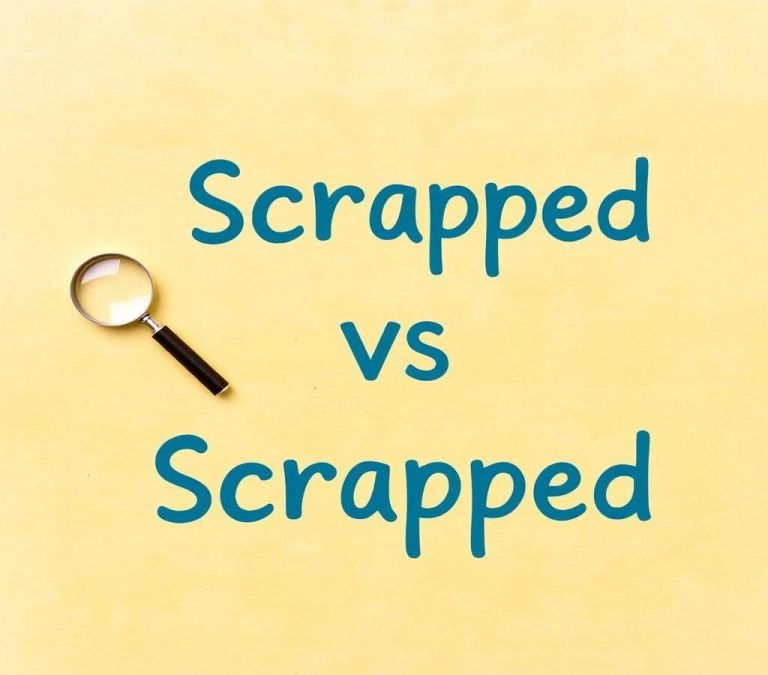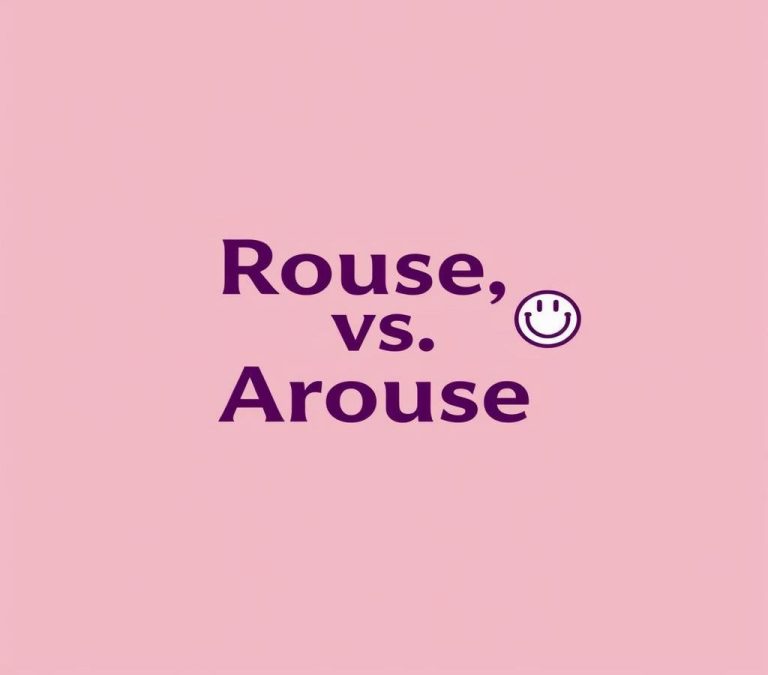Paradox vs Paradigm: Grammar, Usage & Meaning Explained
In everyday discussions and writings, you might come across the terms ‘paradox’ and ‘paradigm,’ which often cause confusion due to their nuanced meanings. A paradox presents an idea that seems contradictory yet might reveal a hidden truth. On the other hand, a paradigm signifies a model or pattern that provides a framework for understanding concepts or theories. Understanding the difference between these terms can enhance clarity in communication and thought processes. This article aims to demystify these terms by highlighting their unique characteristics and common applications.
Quick Answer
A paradox is a contradictory statement that challenges assumptions, whereas a paradigm is a framework or model that explains a concept or phenomenon. Think of a paradox as a puzzle that questions the norm, while a paradigm is a lens through which we view and understand the world. In short, a paradox is a contradictory idea, and a paradigm is a guiding perspective.
Why There is Confusion
Understanding the difference between “paradox” and “paradigm” can be challenging. Both terms are frequently used in critical thinking and discussion, showing up in everything from everyday conversation to academic literature. The confusion often arises because these words have intricate definitions and can be applied in contexts where their distinct meanings might overlap, leading to misunderstanding. This article aims to clarify these terms, shedding light on their differences and appropriate uses.
What Does Paradox Mean?
A paradox is a statement or proposition that, despite apparently sound reasoning, leads to a conclusion that seems senseless, logically unacceptable, or self-contradictory. In simpler terms, it is a situation or statement that defies intuition. Paradoxes are important in promoting critical thinking because they force us to question our understanding and oftentimes reveal deeper truths through seeming absurdities.
Some classic examples of paradoxes include the “liar’s paradox,” where a person says “I always lie.” If the statement is true, then it must be false, which creates a contradiction. Paradoxes can be thought-provoking, causing us to re-evaluate our assumptions and encouraging us to think outside the box.
What Does Paradigm Mean?
A paradigm refers to a typical example or pattern of something; a model. In the context of science and philosophy, it denotes a framework containing the basic assumptions, ways of thinking, and methodology that are commonly accepted by members of a scientific community. Essentially, a paradigm shapes how we perceive and approach particular phenomena.
Thomas Kuhn popularized the term “paradigm” in the context of science, suggesting that scientific progress is not linear but rather occurs through revolutionary shifts in paradigms. Every extended phase of scientific activity follows a paradigm, and a paradigm shift implies fundamental changes in scientific theories and ideas.
Differences between Paradox and Paradigm
Differences in Parts of Speech
Understanding the basic linguistic differences is essential. “Paradox” is a noun that encapsulates a concept or a statement that seems contradictory. For example, “This sentence is false” is a paradox. On the other hand, “paradigm” is also a noun but describes a model or pattern. It refers more to a structure or framework, such as the scientific paradigms that guide research methods.
Differences in Meaning and Concept
The meanings of these words are distinct. A paradox is a form of reasoning that leads to conflicting or absurd conclusions but can invite deeper understanding. It pushes us to examine contradictions and refine our thinking. In contrast, a paradigm is an overarching framework or set of beliefs that guides our understanding and methodology within a specific context, such as science or social sciences.
While a paradox challenges existing norms by highlighting contradictions, a paradigm operates within a set framework, often as the standard or norm. Paradigms are widely accepted and often guide practices within a field, whereas paradoxes are typically used to question and challenge.
Differences in Usage and Context
Usage and context are critical in distinguishing these two terms. Paradoxes are used in philosophical, literary, and rhetorical contexts to provoke thought. They occur in discussions where there is value in exploring contradictions. For instance, “Less is more” demonstrates how paradoxes function rhetorically.
On the other hand, paradigms are more common in academic or scientific settings, where they establish a common understanding or procedure. A paradigm shift occurs when the established perspective no longer explains new data, leading to a change in the fundamental concepts, such as the shift from Newtonian physics to Einsteinian physics.
Synonyms of Paradox and Paradigm
Understanding synonyms can provide additional clarity, as they reflect how these concepts can be represented in different contexts.
Synonyms of Paradox
- Contradiction
- Inconsistency
- Irony
- Anomaly
- Enigma
- Conundrum
These synonyms highlight the core characteristic of a paradox—the presence of conflicting ideas or contradictions that provoke thought.
Synonyms of Paradigm
- Model
- Framework
- Pattern
- Template
- Prototype
- Standard
These synonyms underscore the structural and guiding nature of paradigms, emphasizing their role as recognizable models or standards within various fields.
Examples of Paradox vs Paradigm in Usage
To understand these terms fully, let’s explore some examples that illustrate their usage.
When discussing paradoxes, consider a situation where advanced technology can make life easier but also impersonal, leading to the paradox of people feeling more isolated in an age of connectivity. Literature is rife with paradoxes, such as in George Orwell’s “1984,” where terms like “War is Peace” exemplify paradoxical ideas designed to provoke deep reflection.
On the other hand, paradigms are well-illustrated in scientific revolutions. For example, before Copernicus, the prevailing astronomical paradigm was geocentric, placing Earth at the center of the universe. The paradigm shift brought forth by Copernicus’s heliocentric model changed the entire framework through which celestial motions were understood. In business, a customer-centric paradigm may prevail over a product-centric one, fundamentally shaping strategies and goals.
Conclusion: Paradox vs Paradigm – What’s the Difference?
Ultimately, while paradoxes and paradigms may seem similar due to their impactful nature on thinking and understanding, they serve vastly different purposes. Paradoxes are tools for examination, provoking thought by highlighting contradictions and complexities. In contrast, paradigms provide a framework that underpins methodologies and practices within a field, maintaining consistency until shifts in understanding necessitate change.
Recognizing these differences enhances our ability to use each term effectively, promoting clearer communication and deeper insight across various fields of inquiry. With this understanding, one can appreciate how paradoxes challenge our thinking and how paradigms guide our endeavors.

